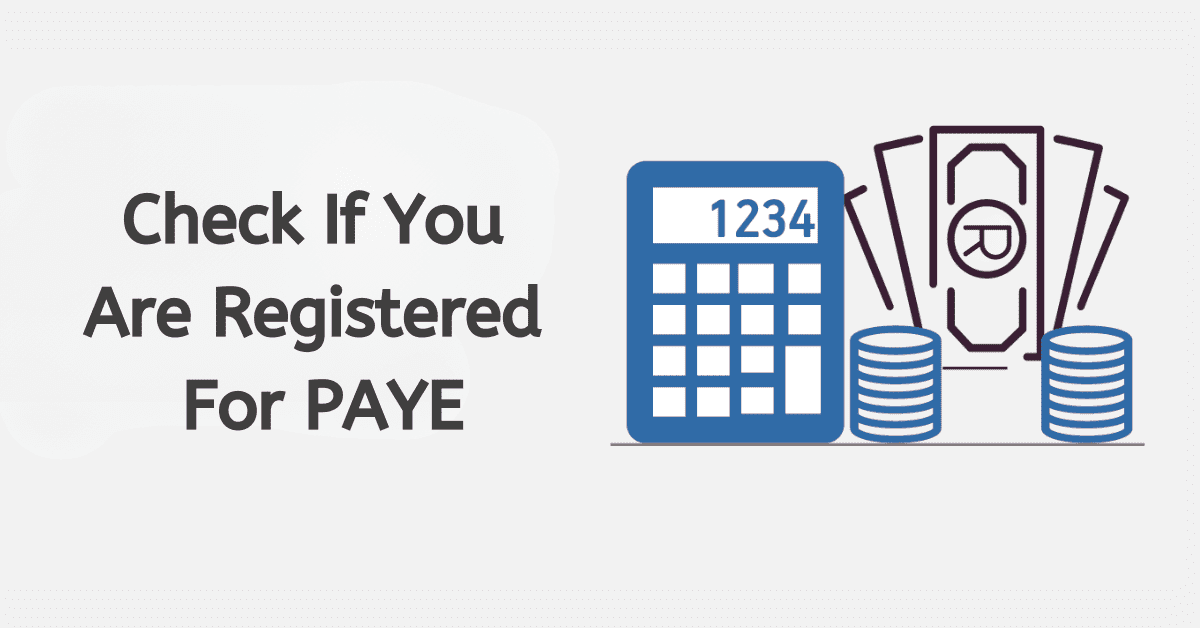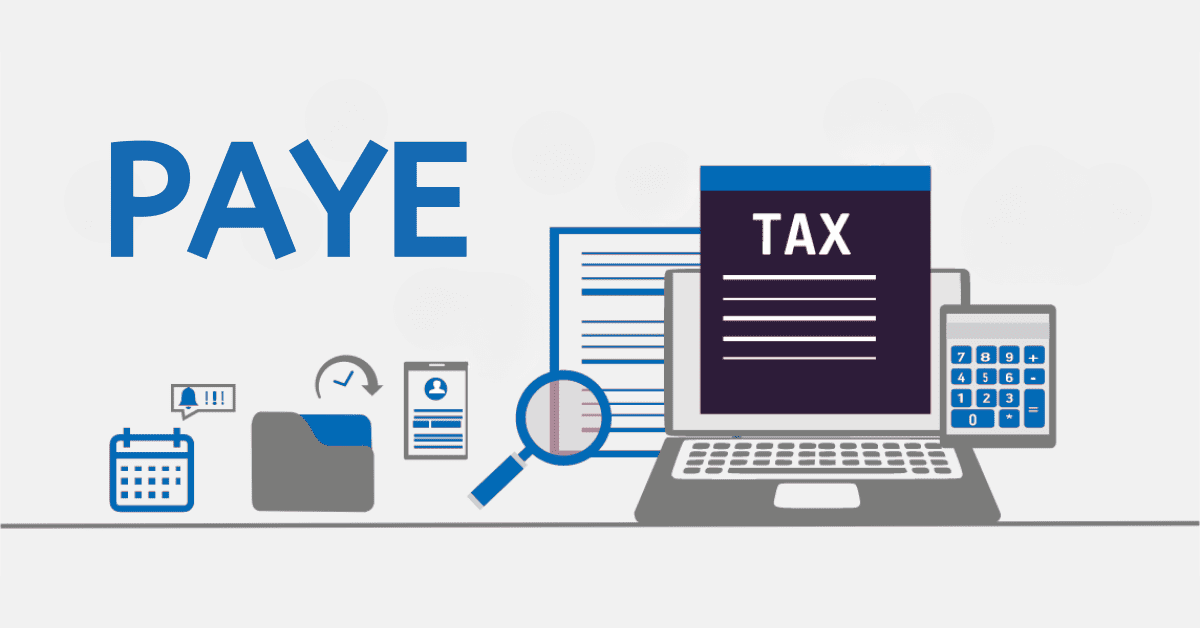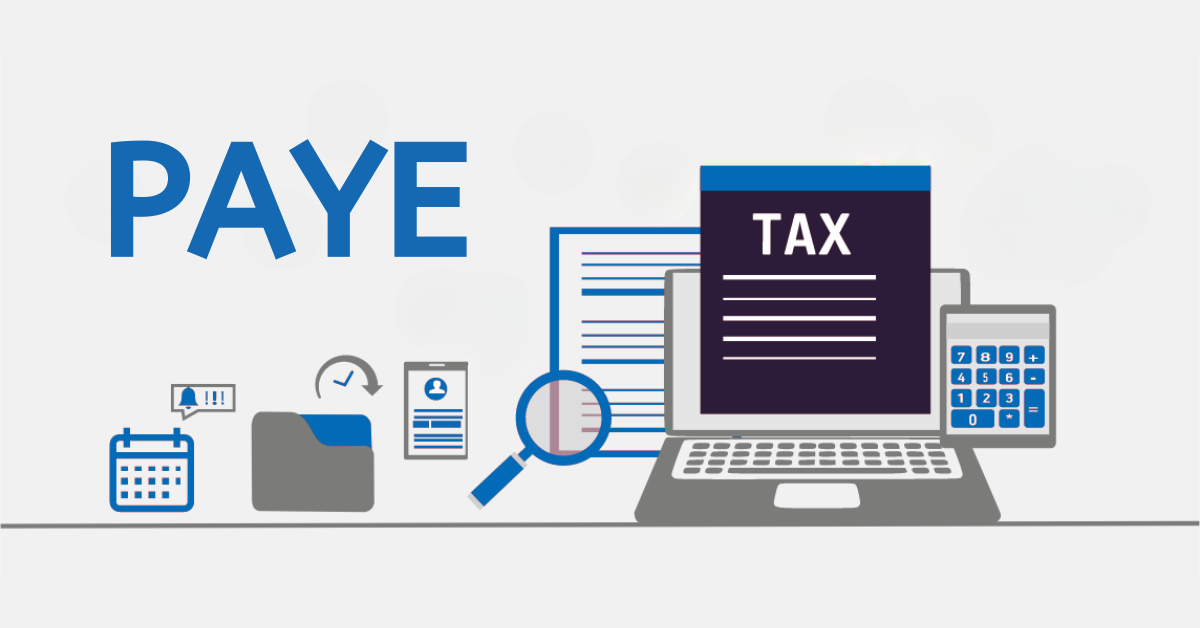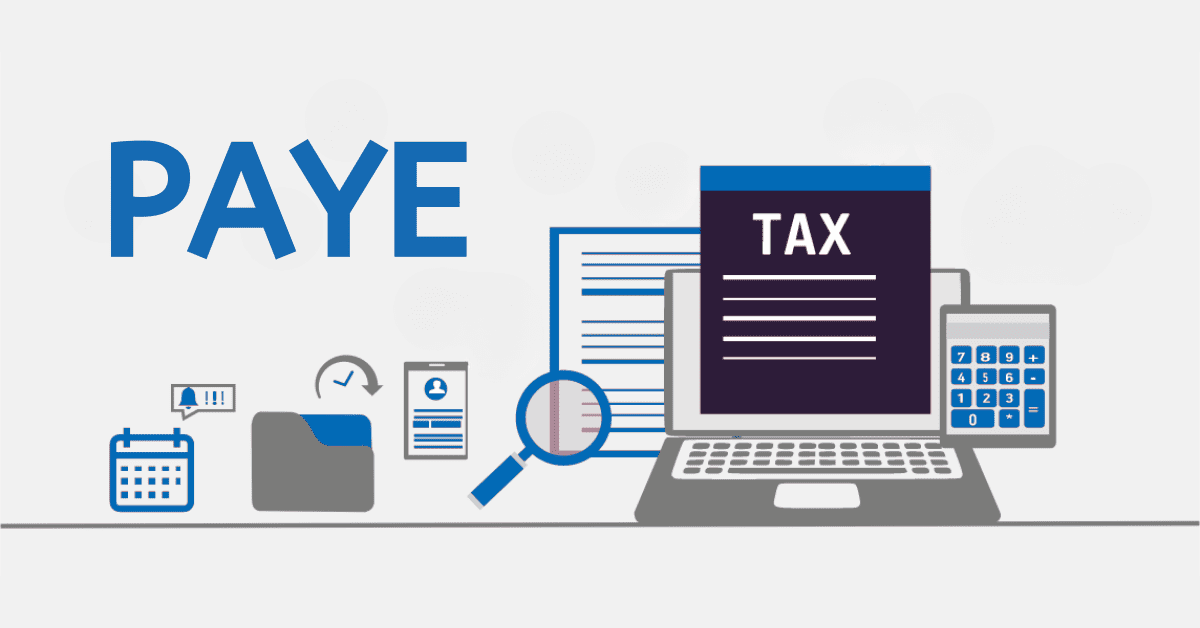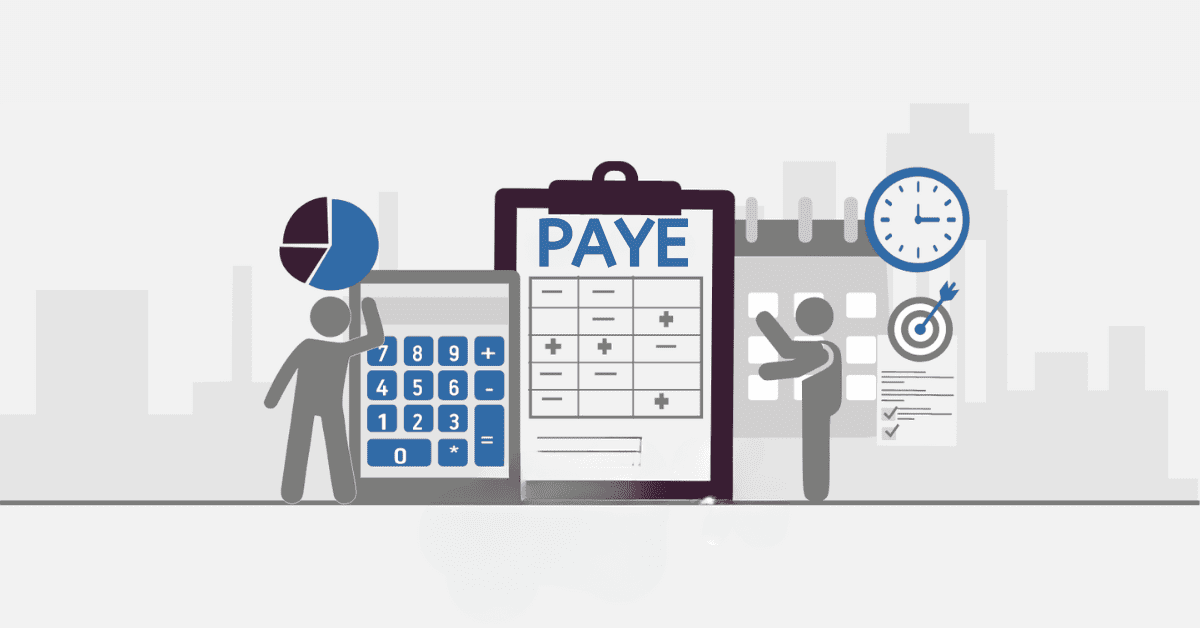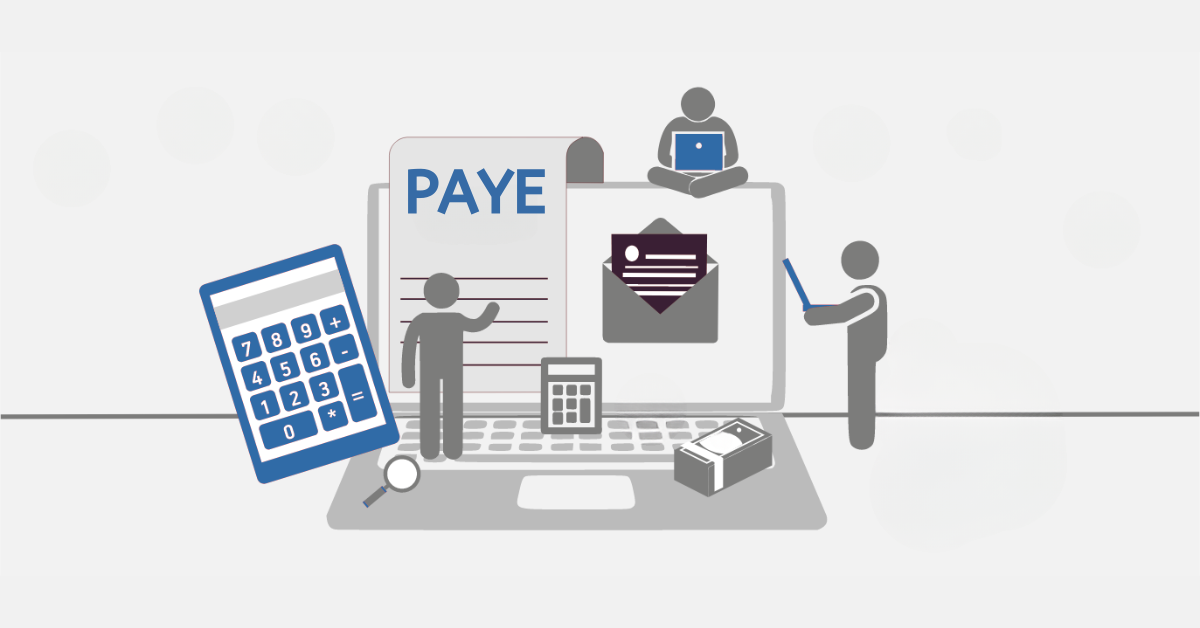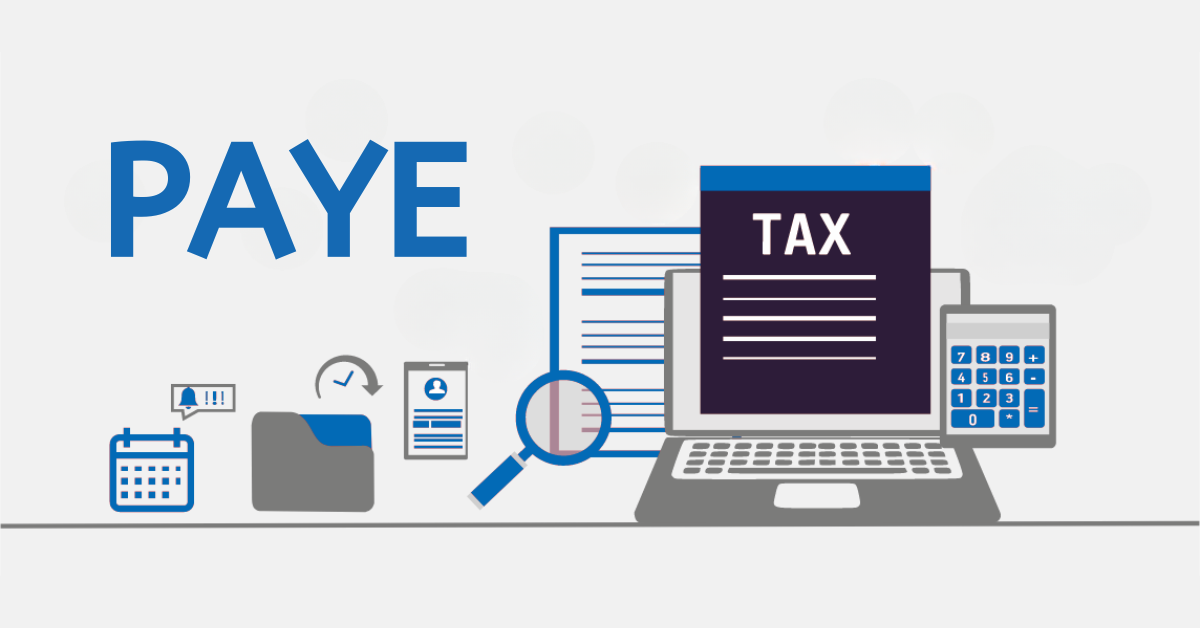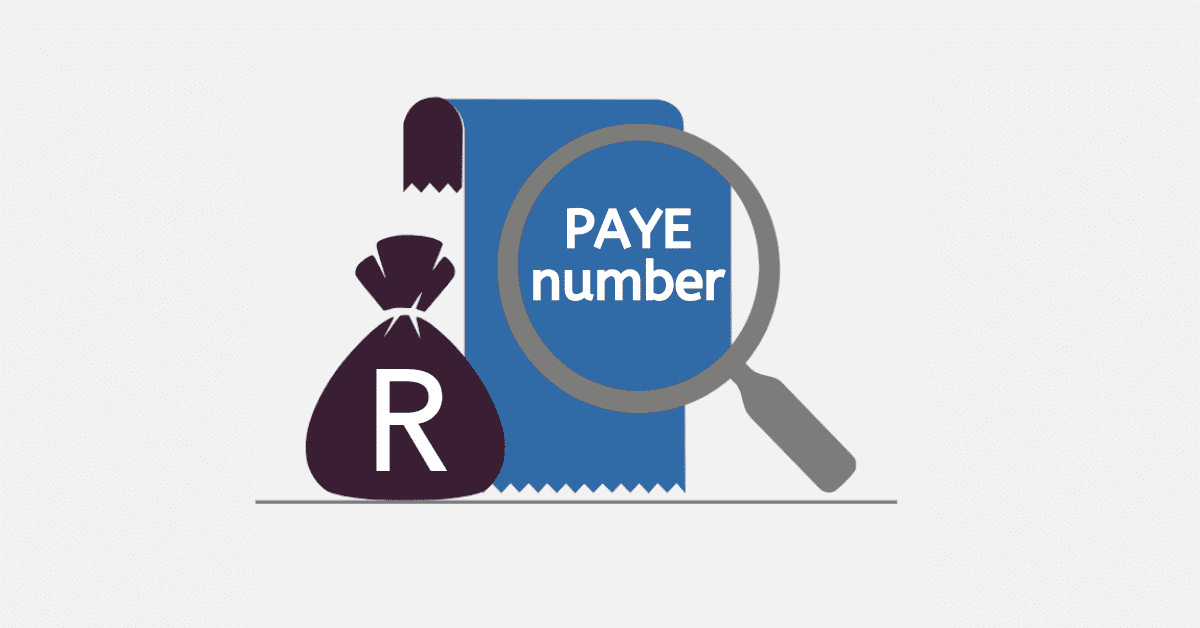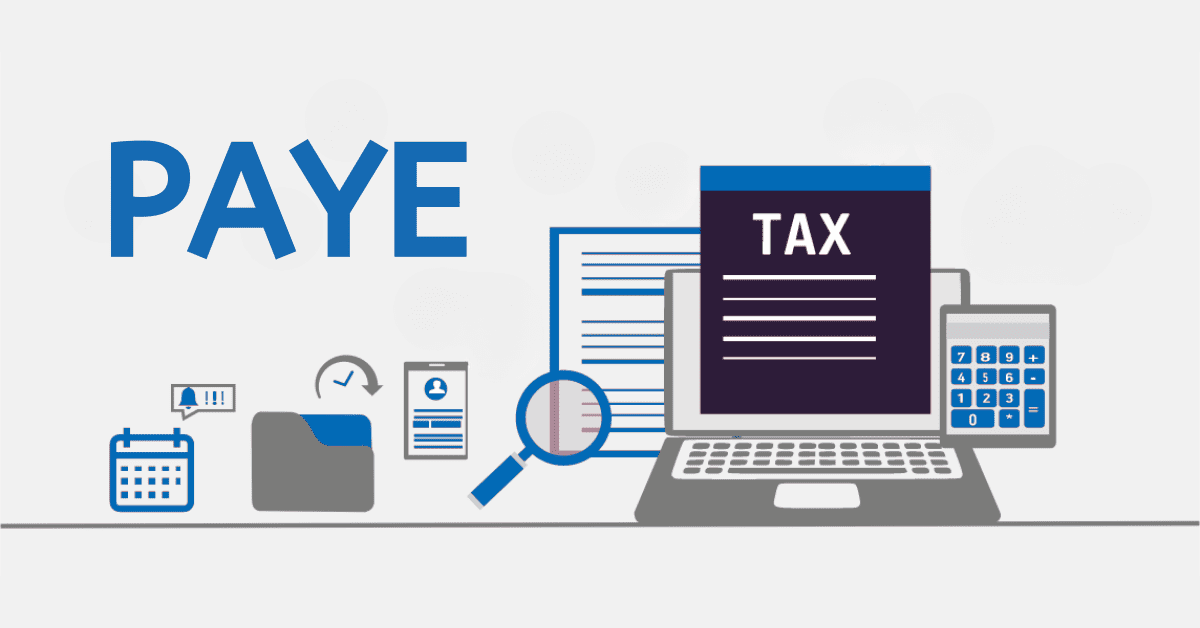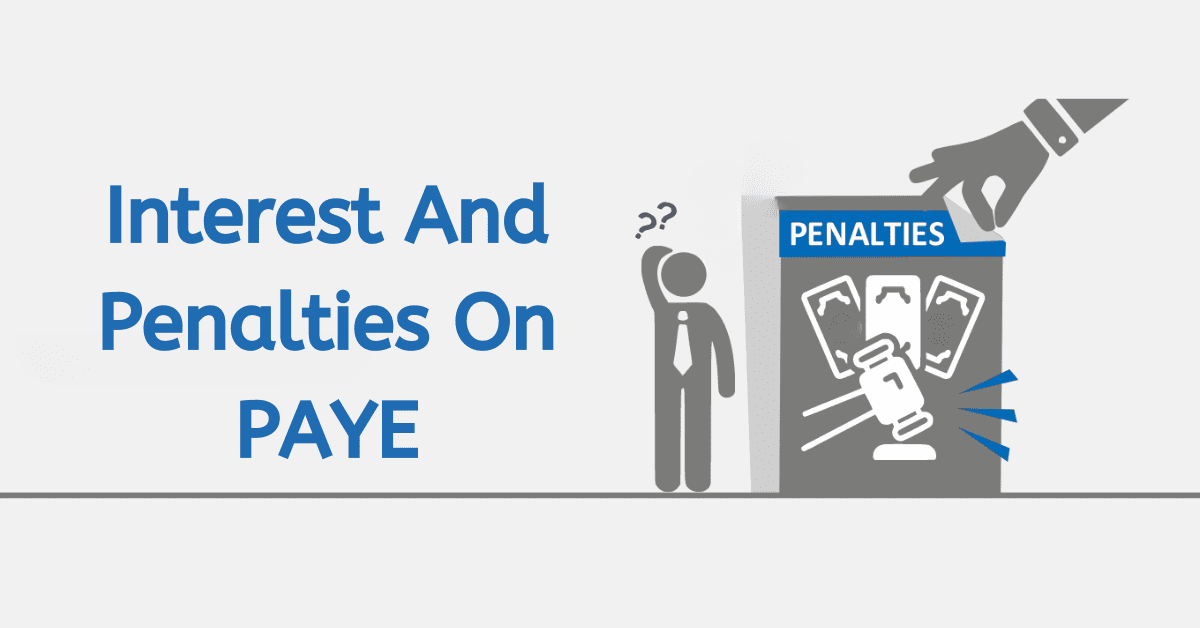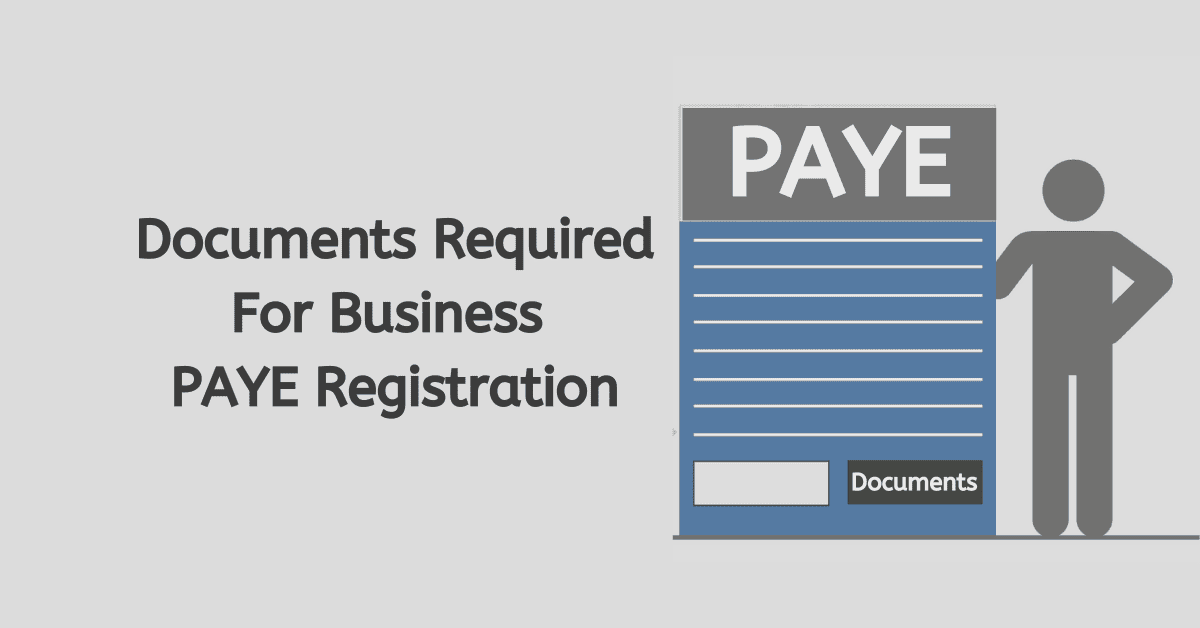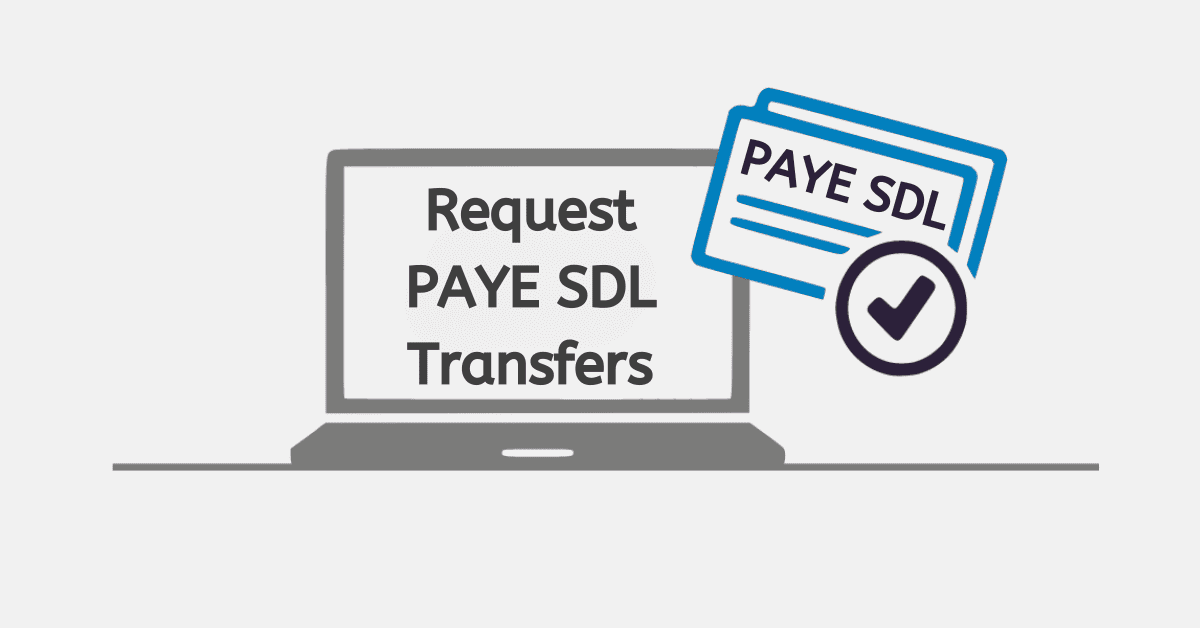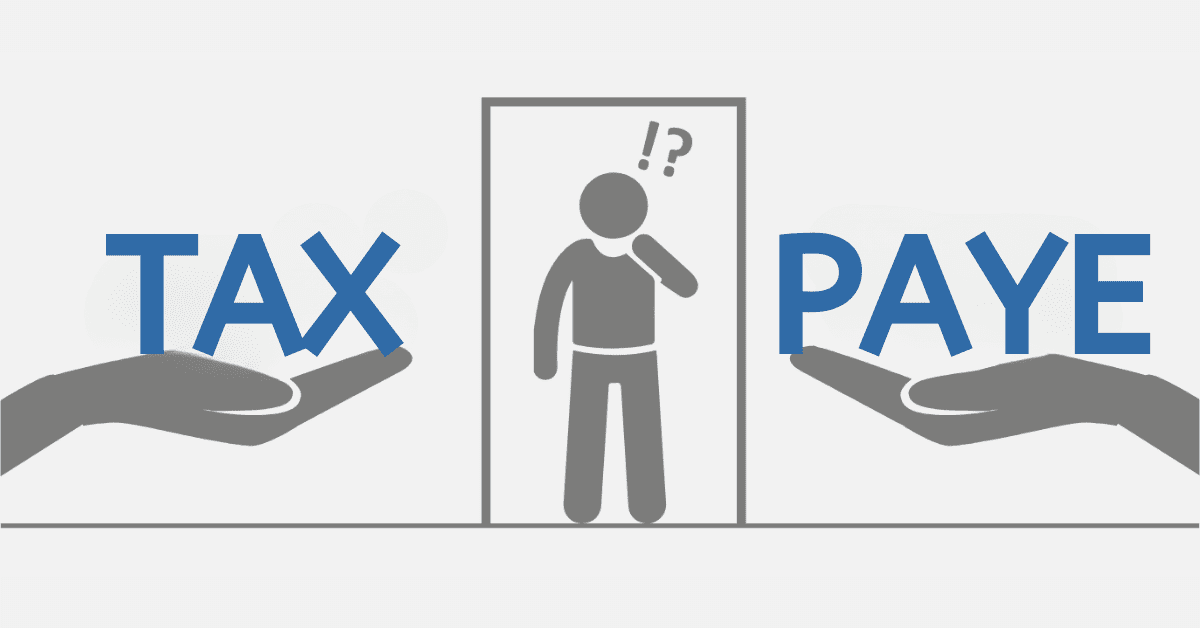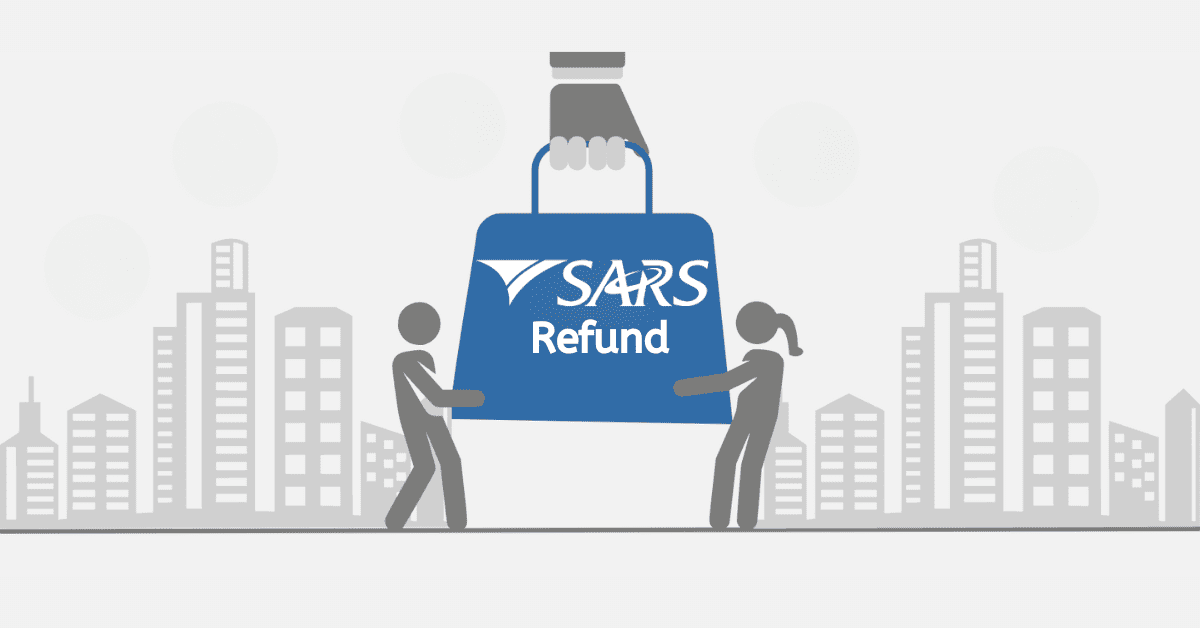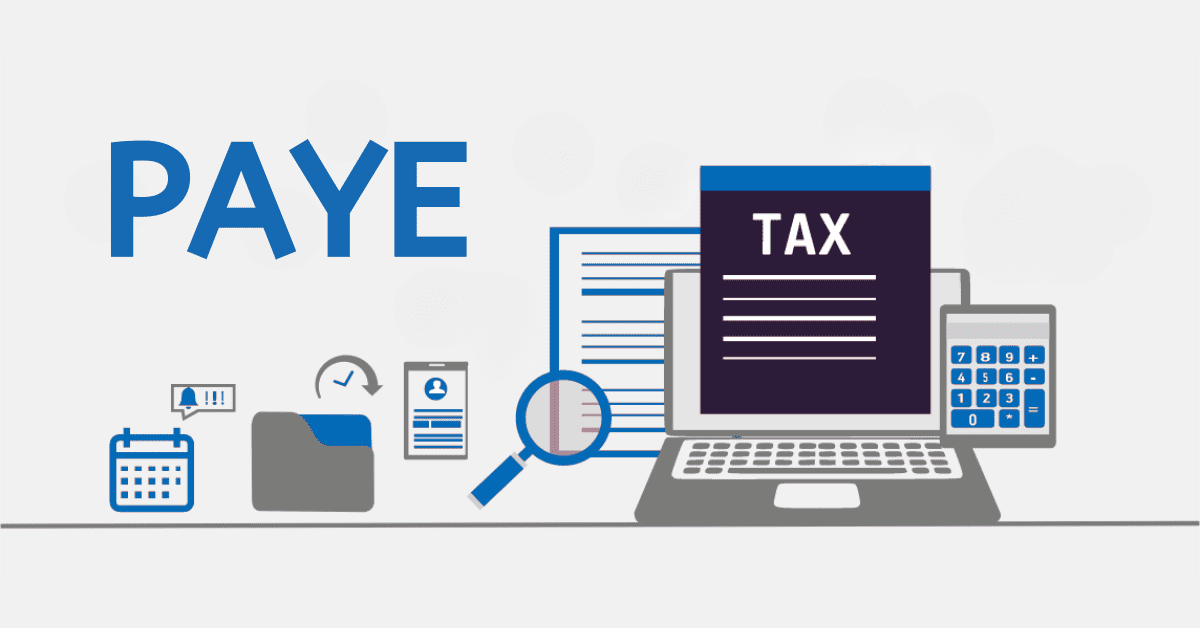The SARS PAYE system in South Africa is an essential component of the country’s tax structure. The PAYE threshold is an important financial marker that determines when individuals become responsible for paying this tax. It goes beyond just collecting revenue; it represents a delicate balance between the state’s need for revenue and the ability of its citizens to contribute. The threshold holds great significance in the economy as it represents a key indicator influenced by government policies and socioeconomic factors.
The goal is to promote fairness by making sure that taxes are based on people’s ability to pay. The PAYE threshold is not just a financial benchmark; it represents the delicate balance between public finances and the economic well-being of individuals in South Africa.
In this blog post, we will focus more on the percentage bracket for PAYE in South Africa. This will give you an idea of the tax rate, the PAYE calculation, the minimum salary for PAYE and the percentage of the salary that contributes to PAYE tax in South Africa.
What percentage is PAYE in South Africa?
In South Africa, the Pay-As-You-Earn (PAYE) tax system follows a progressive scale, meaning that the tax percentage changes depending on the amount of income earned. To find out the percentage of PAYE in South Africa, we can refer to the tax brackets set by the South African Revenue Service.
The PAYE rate for the income bracket ranging from R1 to R226,000 is 18%. As a person’s income increases, their tax rate also increases, eventually reaching 26% for individuals earning between R226,001 and R353,100. The progressive nature of the tax rates remains consistent as follows: for the income bracket ranging from R353,101 to R488,700, the tax rate is 31%. For the bracket between R488,701 and R641,400, the rate increases to 36%. Lastly, for the income range of R641,401 to R817,600, the tax rate is 38%. Individuals with higher incomes falling within the range of R817,601 to R1,731,600 are subject to a PAYE rate of 41%. Individuals who earn more than R1,731,601 fall into the highest income bracket and are subject to a PAYE rate of 45%.
In South Africa, the PAYE percentages are structured in tiers, which demonstrates a dedication to a taxation system that is fair and just. The progressive approach guarantees that individuals contribute a portion of their income that is fair based on their financial situation. This helps to promote economic stability and inclusive growth, which are important goals for the nation.
Here are the percentages on the PAYE in South Africa.
- Income up to R226,000: 18%
- R226,001 to R353,100: 26%
- R353,101 to R488,700: 31%
- R488,701 to R641,400: 36%
- R641,401 to R817,600: 38%
- R817,601 to R1,731,600: 41%
- Income above R1,731,601: 45%
How is PAYE calculated in South Africa?
It is important for both employers and employees in South Africa to have a clear understanding of how Pay As You Earn (PAYE) is calculated. In this article, we will delve into the details of how to calculate PAYE on regular income. We aim to provide a clear understanding of the steps involved in this process, and to help illustrate this, we will also include a practical example.
Before we dive into the process of calculating, it’s important to understand the difference between regular and irregular income. Regular income, such as salaries and commissions, is received at consistent intervals, while irregular income, like annual bonuses, fluctuates. PAYE, also known as Pay As You Earn, is determined by combining the taxes on both regular and irregular income.
When an employee begins working in the middle of a pay period, it is necessary to calculate their salary proportionally based on the number of days they worked. To calculate the year-to-date income, make sure to include the salary for the partial period. Additionally, when determining the number of periods employed, take into account the portion of the period worked.
Let’s take into account an employee who is under 65 years old and earned R10,000 in November, followed by an increase to R12,000 in December.
November
My year-to-date income: R10,000.
The annual equivalent is R120,000.
The tax on the annual equivalent amount is R21,600.
Based on the information provided, it appears that your projected annual tax liability is estimated to be R5,175.
Tax liability amounts to R431.25.
The amount due for PAYE is R431.25.
December
My year-to-date income: R22,000.
The annual equivalent amount is R132,000.
The tax on the annual equivalent amount is R23,760.
Tax liability is estimated to be R7,335.
The de-annualized tax liability is R1,222.50.
The PAYE amount due is R791.25.
It is important to note that the above information is limited and provides you with a clue on how to calculate PAYE based on irregular and regular incomes. You must also know the tax brackets and tax reliefs to get the calculation right.
What is the PAYE tax rate in South Africa?
The PAYE tax rate in South Africa generally describes the percentage allocated to every income or salary received within a particular time and for a particular age.
The tax rate focuses more on an employee or employer’s estimated tax based on the monthly or annual income.
What is the minimum salary for PAYE in South Africa?
According to the South Africa Revenue Service, the minimum salary for PAYE is always reviewed at the beginning of every fiscal year. Knowing this information can help you, as an employer, calculate the PAYE on the right salary.
As of February, the minimum salary for PAYE is pegged at R7,604. Due to other salary structures and deductions, R6950 is also considered the minimum salary for PAYE in South Africa.
Is PAYE calculated on gross or net salary?
Many people always want to understand how PAYE is calculated. Through this, the question comes as to whether the PAYE is calculated on your gross or net salary.
The fact is that PAYE is even considered the first deduction for almost every firm in South Africa. This is because the tax regulation advises companies to render the tax on salaries prior to any other deduction.
In South Africa, PAYE is calculated on the gross salary.
